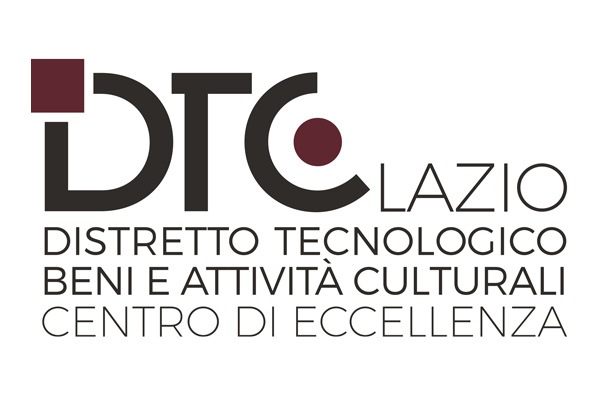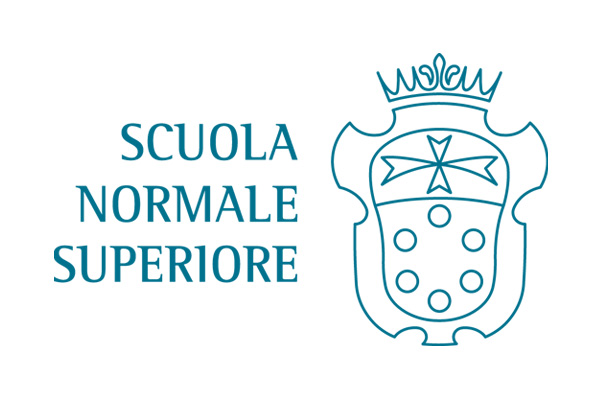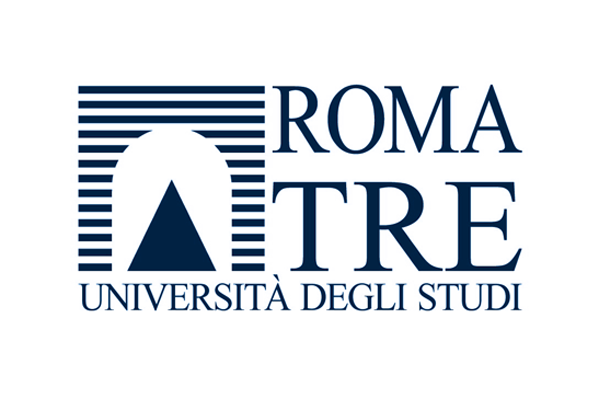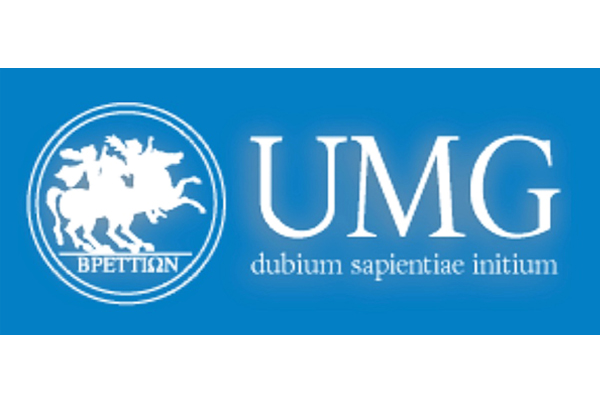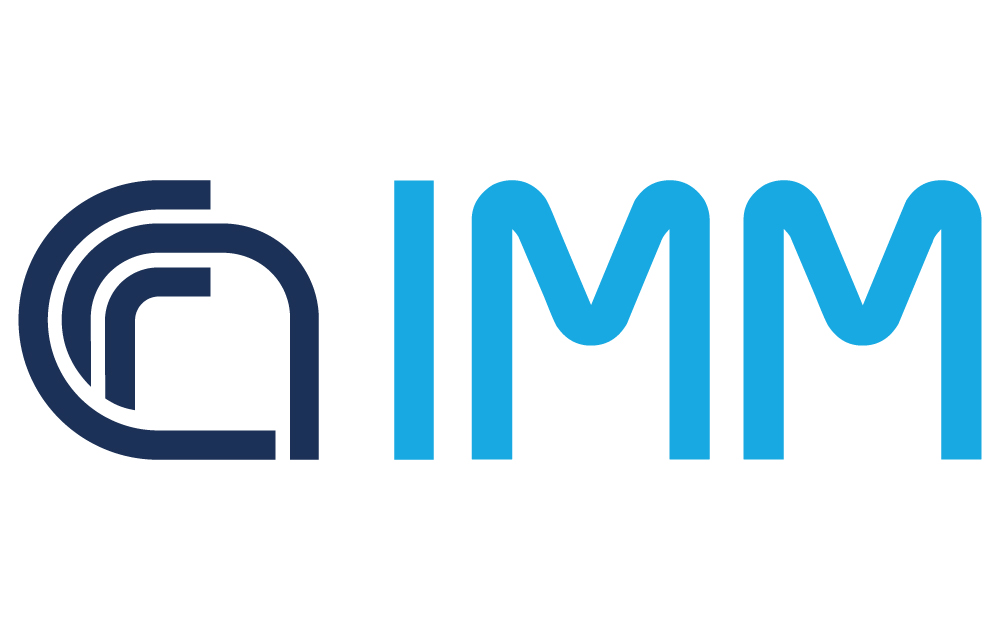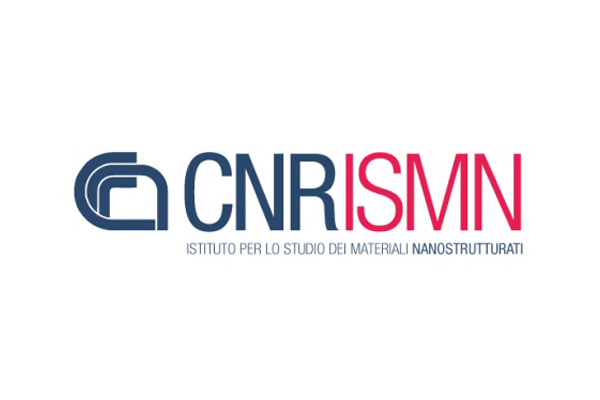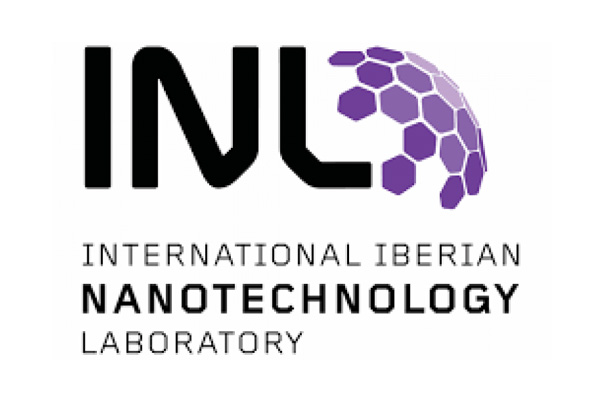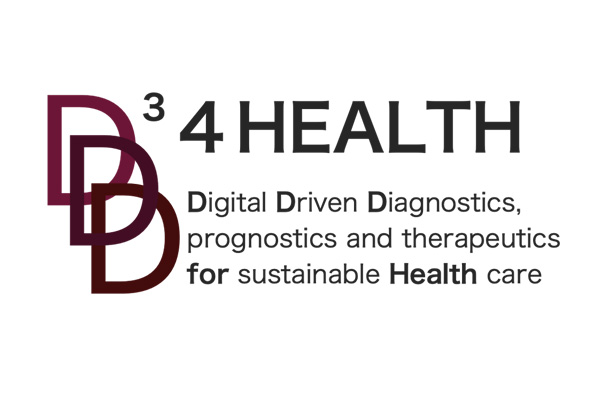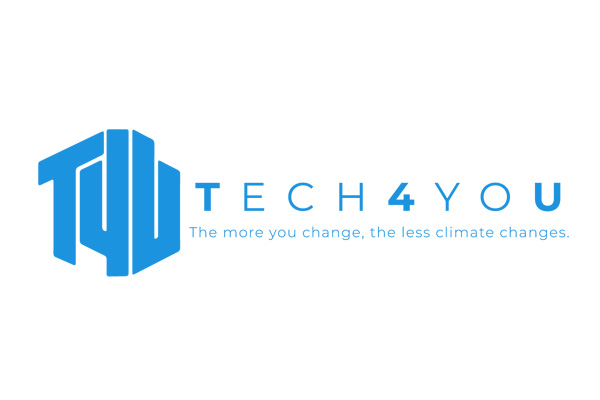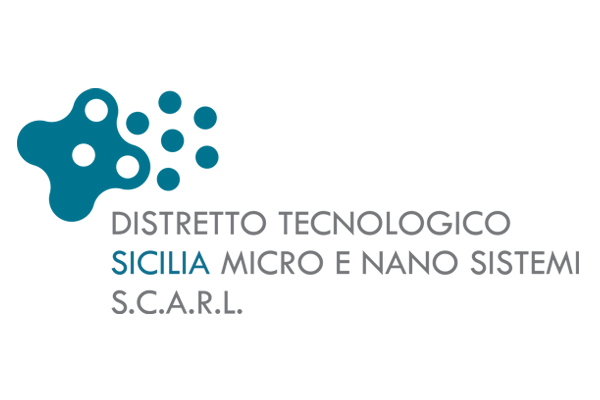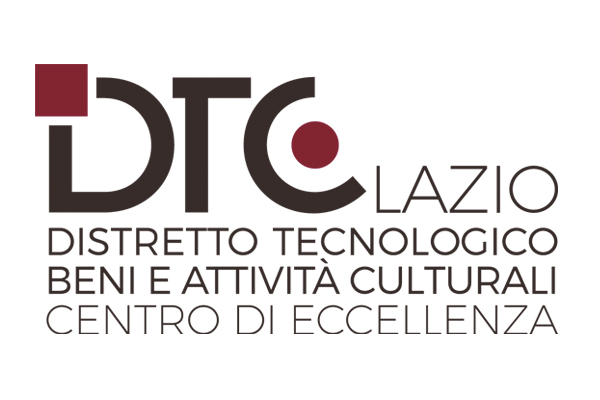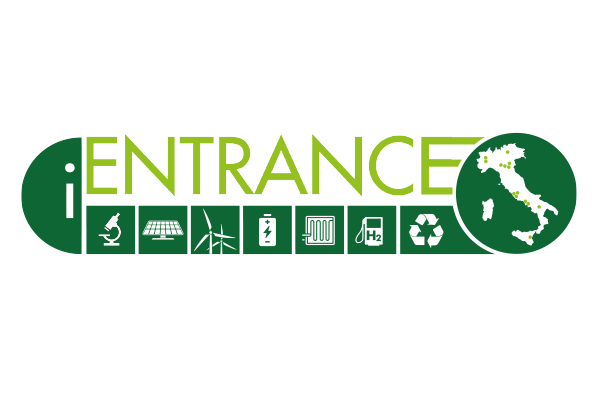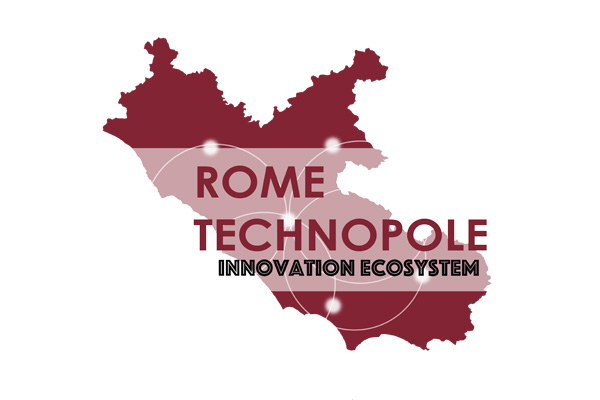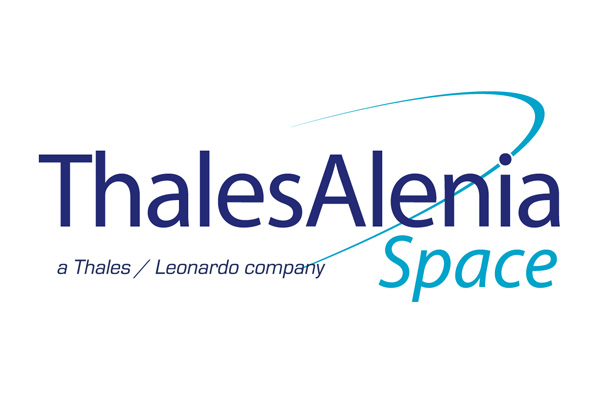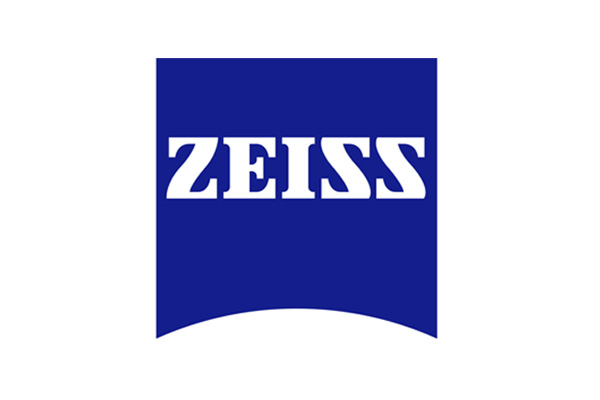| ROOM 24 | |||||
|
WS.XIV SMART MATERIALS AND DEVICES FOR PRECISION AGRICULTURE APPLICATIONS September 11 |
|||||
| Co-organized with: | |||||
 |
 |
||||
|
WORKSHOP COMMITTEE |
|||||
|
The proposed workshop aims to provide a flavor of the activities running in Italy, particularly within the SAMOTHRACE ecosystem in the Precision agriculture field. The agri-food chain nowadays needs novel approaches to support crop production and reduce its economic and environmental impacts. Sensors and smart materials, sustained by innovative management of the resources, will allow us to apply the 3 key points for precise and sustainable agriculture, i.e., to act exactly where, when, and how the crop requests it. The main topics that will be covered are: |
|||||
| September 11 | ||||||||
| 11:30 - 13:00 Smart materials and devices for precision agriculture applications 1/2 WS.XIV.1 - TT.II.D |
||||||||
| Chairs: Sebania LIBERTINO, CNR-IMM & Maria Rosaria PLUTINO, CNR-ISMN | ||||||||
| Smart and precise agriculture uses technology to improve agricultural efficiency, productivity, and sustainability. Technologies like GPS, IoT devices, drones, and data analytics are currently explored by researchers as solutions to overcome the limits of agricultural management. GPS and drones offer accurate field monitoring and mapping, allowing for more efficient use of resources such as water and fertiliser. IoT devices and sensors generate real-time data on soil health, crop conditions and water contamination, allowing for prompt actions. Data analytics provides insights for making better decisions, decreasing waste, and improving resource management in sustainable agricultural techniques. This session will embrace the use of IoT devices and data analytics in Climate-Smart Agriculture, as well as innovative sensing approaches for the smart sensing of plant health. The application of IoT in agriculture is rapidly expanding, demonstrating that precision/smart agriculture is a swiftly evolving research area. Key aspects include more controlled quality production, optimized water use, and reduced pesticide and fertilizer application. These factors contribute to improving food quality and promoting environmentally sustainable agricultural practices. Therefore, the synergistic approaches of IoT, new electronic devices and nanotechnology can be used to accurately monitor and manage crops, livestock and irrigation water. These strategies allow farmers to make more educated decisions, improve agricultural yields, and reduce environmental impact. | ||||||||
| WS.XIV.1.1 TT.II.D.1 |
Salvatore BAGLIO - CV University of Catania | SAMOTHRACE Hub Revamping Etna valley: the role of Samothrace Innovation Ecosystem |
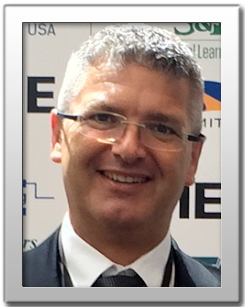 |
||||||
| WS.XIV.1.2 TT.II.D.2 |
Andrea ZAPPETTINI - CV IMEM-CNR Bioristor: an in-vivo Organic ElectroChemical Transistor for precision agriculture |
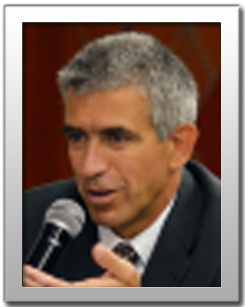 |
||||||
| WS.XIV.1.3 TT.II.D.3 |
Danilo DEMARCHI - CV Polytechnic University of Turin Let the Plants do the Talking: Climate-Smart Agriculture by the messages received from Plants and Soil |
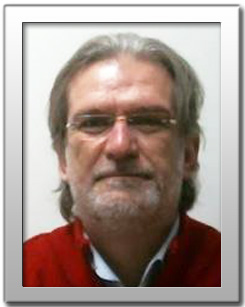 |
||||||
| 14:00 - 15:30 Smart materials and devices for precision agriculture applications 2/2 WS.XIV.2 - TT.III.D |
||||||||
| Chairs: Sebania LIBERTINO, CNR-IMM & Maria Rosaria PLUTINO, CNR-ISMN | ||||||||
| Advanced materials and smart technologies are transforming agricultural applications, increasing efficiency and sustainability. Nanomaterials, biopolymers, and smart coatings are being used to improve a variety of agricultural applications. Nanomaterials, for example, improve pesticide and fertiliser delivery, providing regulated release while minimising environmental damage. Biopolymers generated from natural sources are used to create biodegradable packaging and controlled-release systems, supporting environmentally beneficial practices. Sensors integrated with sophisticated materials also monitor soil health, moisture levels, and nutrient content in real time, allowing for more informed decision-making. This session will focus on the advancements of nanotechnology in the development of materials in agriculture-related applications as well as smart sensors and lab-on-chip (LoC) technologies to provide real-time monitoring and fast diagnoses, allowing farmers to make data-driven decisions that contribute to global food security and environmental protection. Portable devices may combine several laboratory operations on a single chip, allowing for quick and precise diagnosis. Farmers can immediately analyse nutrient levels, pH, and the presence of pathogens, allowing for prompt adjustments. Such smart systems improve the identification of toxins and pollutants, hence assuring food safety and quality. The combination of modern materials with LoC technology, smart sensing materials and electronic devices improves precision agriculture by optimising resource consumption and reducing waste. These advances promote sustainable farming methods, boost crop yields, and raise overall agricultural production. | ||||||||
| WS.XIV.2.1 TT.III.D.1 |
Domenico CAPUTO - CV Sapienza University of Rome An adaptable lab-on-chip for in-field analysis in agricolture |
 |
||||||
| WS.XIV.2.2 TT.III.D.2 |
Marco ACCIAI - CV Società Agrigeos Development of a digital platform based on Artificial Intelligence for precision citrus farming |
 |
||||||
| WS.XIV.2.3 TT.III.D.3 |
Giuseppe ROSACE - CV University of Bergamo Advanced materials in agriculture-related applications |
 |
||||||
| Back to Overview | Go to Plan 11 September | ||



